Researching Russian Military Aggression (Blog Post)
Undertaking my Laidlaw research project has been the most exciting and challenging endeavour of my academic career. Opportunities for undergraduate research, particularly self-directed research, are very rare, and this was my first chance to take on such a project. My research investigated Russian military aggression towards other ex-Soviet states. I began my project in the midst of the 2022 War in Ukraine, making this a very topical area of study. In this context, I narrowed my focus to a comparative analysis of the 2014 Annexation of Crimea and the 2022 War in Ukraine. I hoped to identify common assumptions and patterns of behaviour from the Kremlin in the events leading up to both conflicts with Ukraine.
As one of my case studies took place eight years ago and the other was ongoing at the time of research, the nature of the literature on both events was quite different. The secondary literature I consulted on the events of 2014 was primarily written after the conflict, meaning patterns were easily drawn through the lens of hindsight. By contrast, the daily news coverage and thinkpieces on the 2022 war were written either before or during the conflict; in either case, the authors of these articles frequently made speculative predictions and did not have access to all the facts. The difference in information available to academics writing about these events created an interesting perspective, as I accessed analysis from before, during, and after Russia acts of aggression towards Ukraine. However, direct comparisons were made more difficult by these discrepancies.
I also found the subject matter emotionally challenging at times. My project required me to follow the daily news coverage on the 2022 War in Ukraine so I could stay up to date on the events of the conflict. Being confronted daily with the humanitarian issues and human rights violations on the ground was often emotionally distressing. I felt helpless and very sad while watching video interviews with Ukrainian refugees whose cities had been totally destroyed. After reading one story, which chronicled the chronic sexual assault of Ukrainian women in cities occupied by the Russian army, I had to step away from my desk for an hour and take an early lunch. Researching issues and conflicts which affect so many people’s lives can be demoralising, and I was grateful to have friends to talk things through with. I would advise any future Laidlaw scholars who plan to undertake similar projects to have a support system in place who you can turn to if you are ever demoralised or upset by your subject matter. I also think it’s important to practise self-compassion and forgive yourself when your emotions prevent you from being as productive as you might hope, which is something that other Laidlaw scholars in my cohort always stressed the importance of.
Overall, I am proud of the work carried out throughout this project. My first summer with Laidlaw has been so rewarding and the process of researching has taught me not just about my chosen subject, but also about how I learn and how I respond to unforeseen problems. Although I faced unexpected challenges, the process of overcoming those challenges allowed me to become a better scholar and a better student. I have learned to persevere even in the face of setbacks.
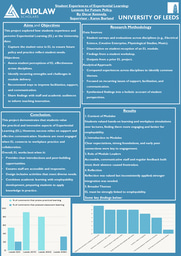
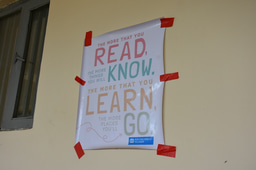
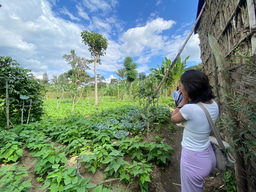
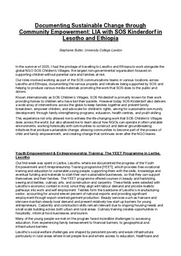
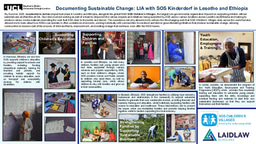
Please sign in
If you are a registered user on Laidlaw Scholars Network, please sign in